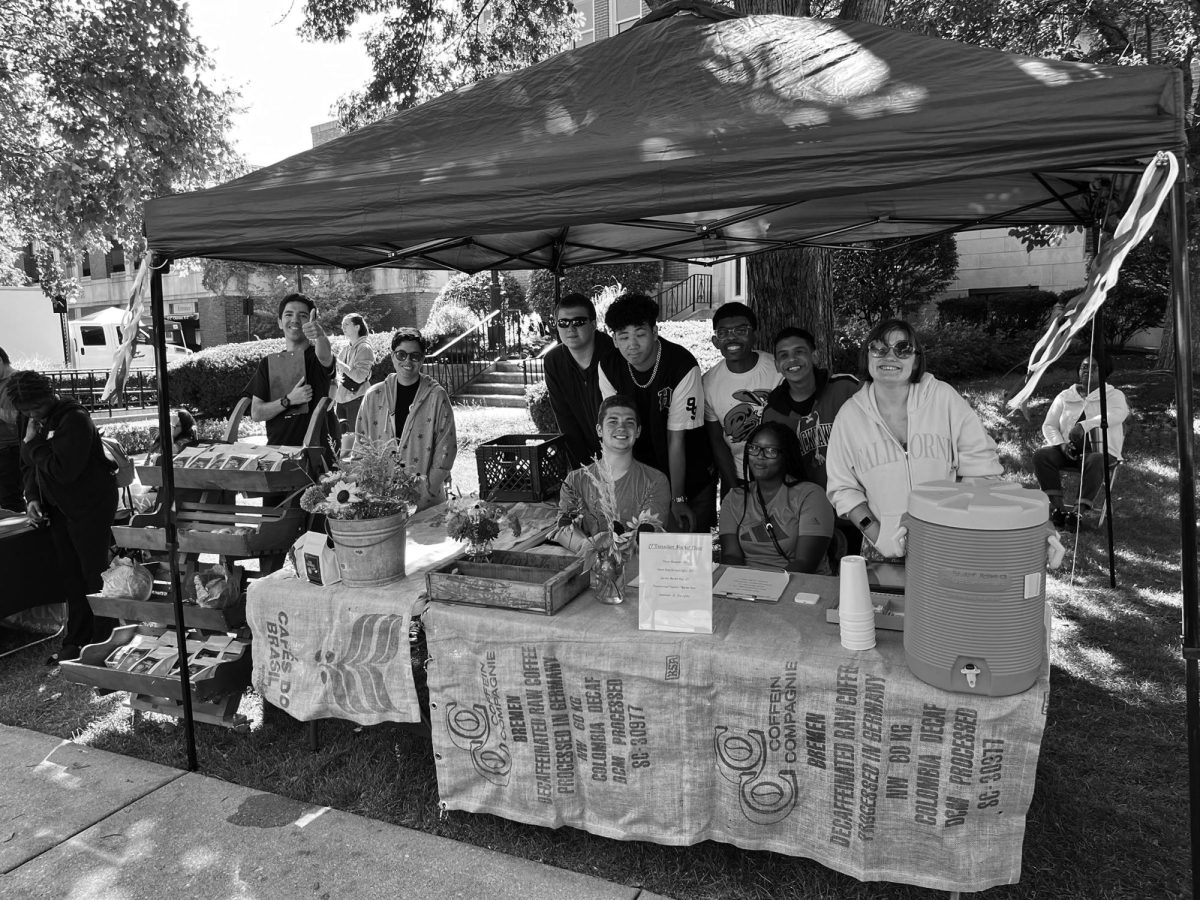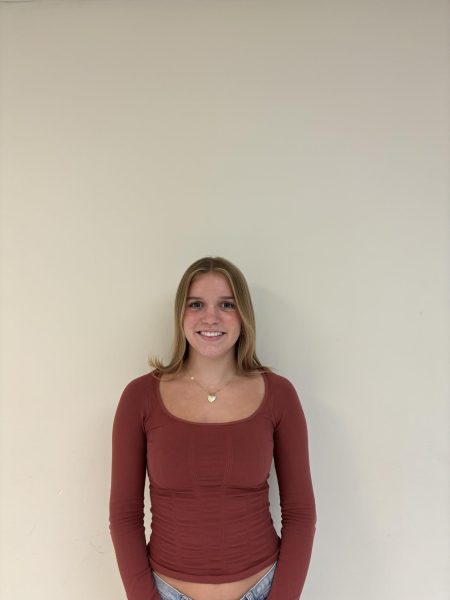The Transition Program, being offered at LT for around 17 years, provides students with special needs with specialized instruction that will prepare them for independent living, Transition Program Coordinator Daniel Singer said. Many students work on things that are related to preparing for a job, living on their own, and identifying skills necessary that will allow them to fully participate in adult day programs depending on the severity of their need.
“It is important for LT to offer a Transition Program because it allows the student to remain in their home school,” Paraprofessional David Franson said. “It also provides specific learning experiences through unique courses.”
The Transition Program is offered for students with moderate to significant disabilities, with the idea that they need more instruction before they are ready for adulthood, Singer said. It specifically targets individual needs that need more time to develop or need more practical application out in the community so Transition students are ready to get a job, live in their own apartment or house, be able to access public transportation, or be able to attend college classes. There are currently 33 students in the program, with ages ranging between 18-22.
“These extended services are vital to expose our students to the skills and training necessary to improve their independence and safety within the community in which they live,” Transition teacher Jessica Langosch said. “We try our best to set students, and their families, up for success as they transition into their adult lives, whatever activities that may include.”
Paraprofessionals in the Transition Program assist teachers and students with day-to-day activities in the Corral–located next to SC–and at job sites. In some cases, Paraprofessionals are assigned to a specific student as a one-on-one aide. Transition Program teachers, however, are responsible for teaching independent living skills, community and social skills, vocational training, adult health, wellness, safety, and post-secondary planning.
“[My] favorite part of the program is seeing the growth our students make during their time in our program,” Langosch said. “Students are allowed to stay until they turn 22 but have the option to exit when the IEP team determines they have obtained their post-secondary goals. Seeing the growth in independence and success within the community is the best part of our program.”
Transition students have the opportunity to go out into the community and work in different job sites, attend college classes, or even go to fitness centers to work out. The Transition students also make greeting cards, coffee mugs, and even sell the Transition Program’s own line of coffee. The program also has multiple different micro businesses that the Transition students run including selling produce that they grow at the farmers’ market every Thursday.
“We have some unbelievable relationships with community businesses and organizations that allow our students to get a really awesome experience doing some of the skills they’ve been working on,” Singer said. “There are a lot of different things based on what the students are able to do. We try to support their ability and interest and match that with what is out there. We have students at Crumbl Cookies, at the gyms in our area, and hotels nearby. The [students] are getting a wide range of experiences.”
The Transition Program students also utilize the Transition House, located on Cossitt Avenue near NC’s West Fields. The house is used as a lab for the students to work on activities of daily living like cooking, cleaning, how to be safe in a household, and how to keep up with a house. The students are tasked with developing those activities of daily living that would allow them to independently run things as adults.
“More people should become aware of this program because of how it fits in with the other programs that LT offers,” Franson, former LT principal, said. “The Transition Program is a fine example of inclusivity and celebrating diversity – all while preparing students for their future.”



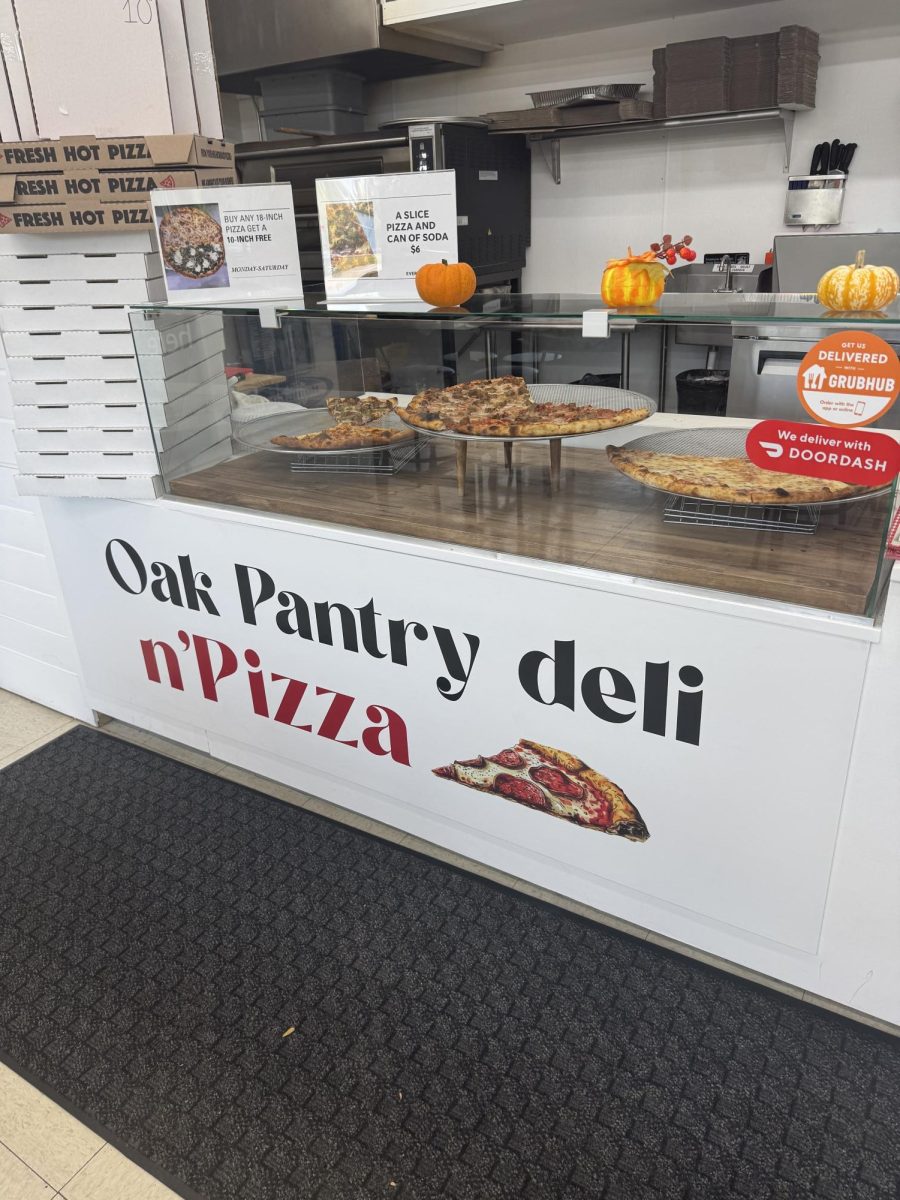

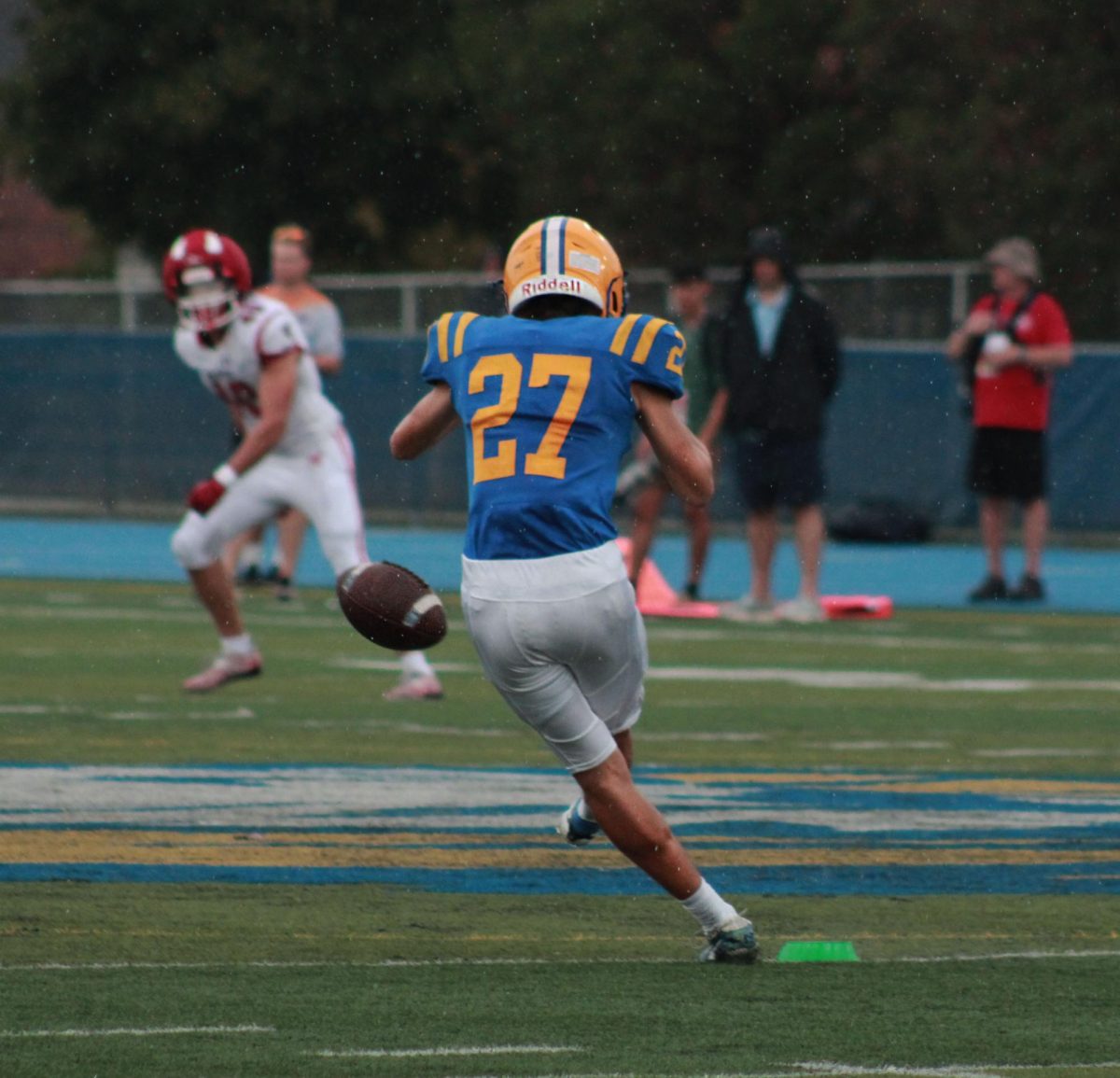
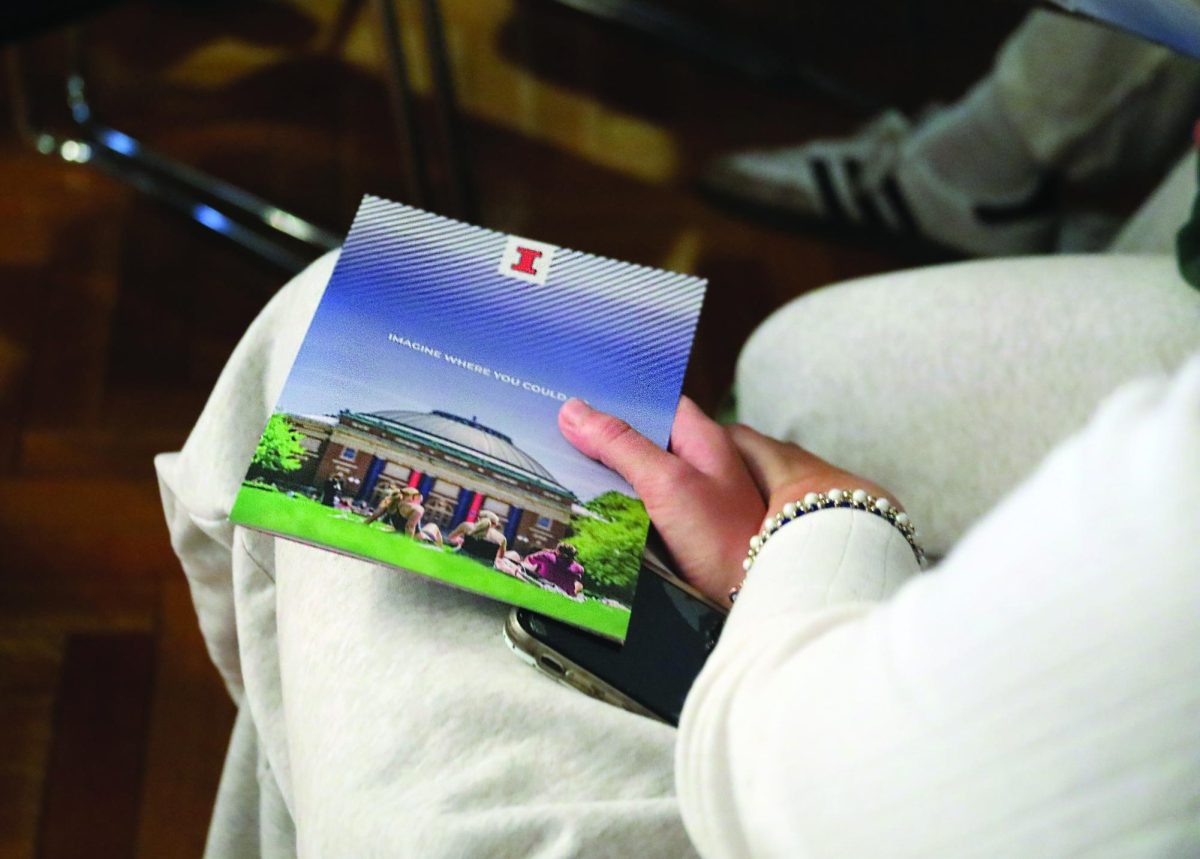
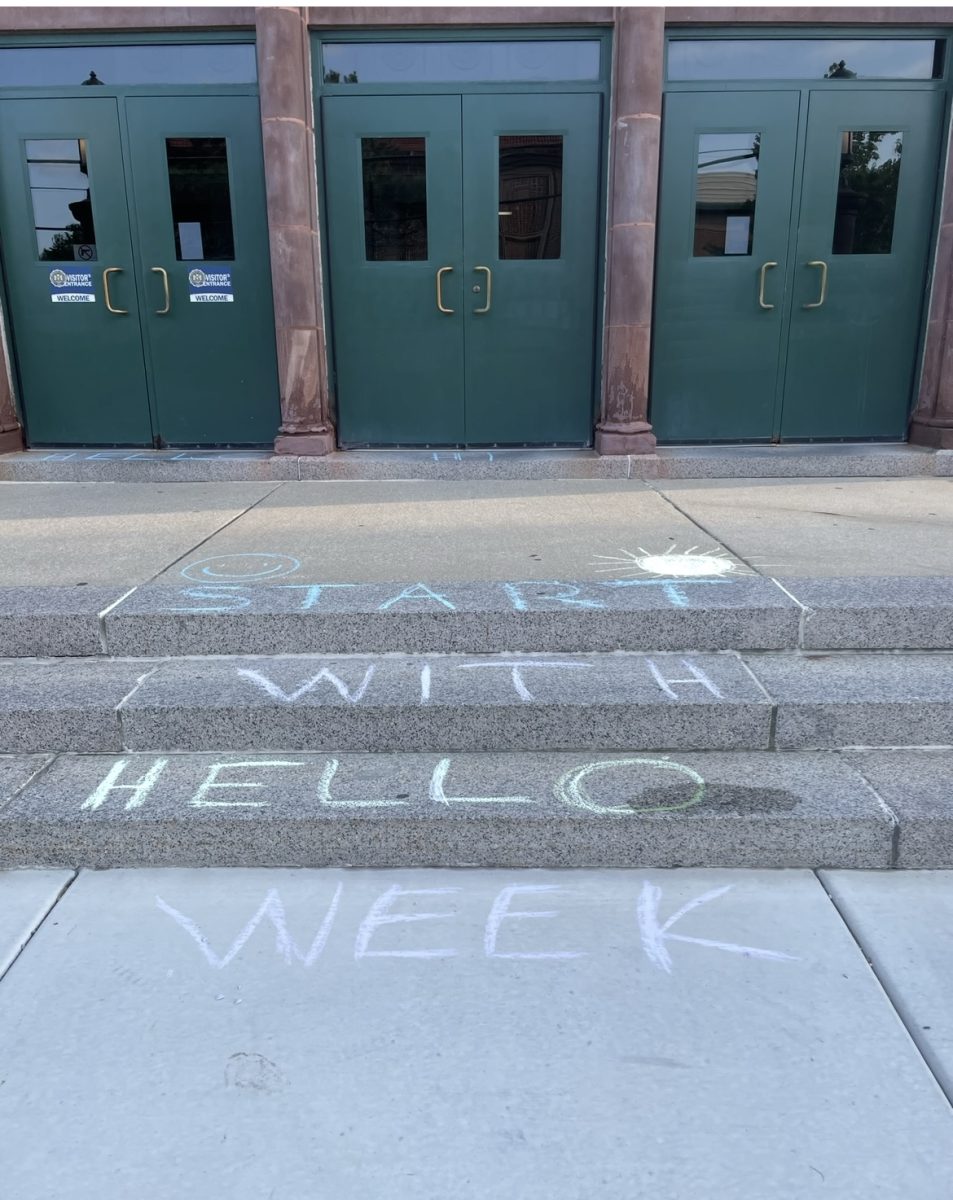

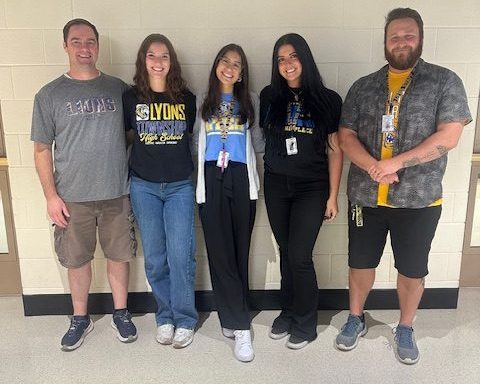
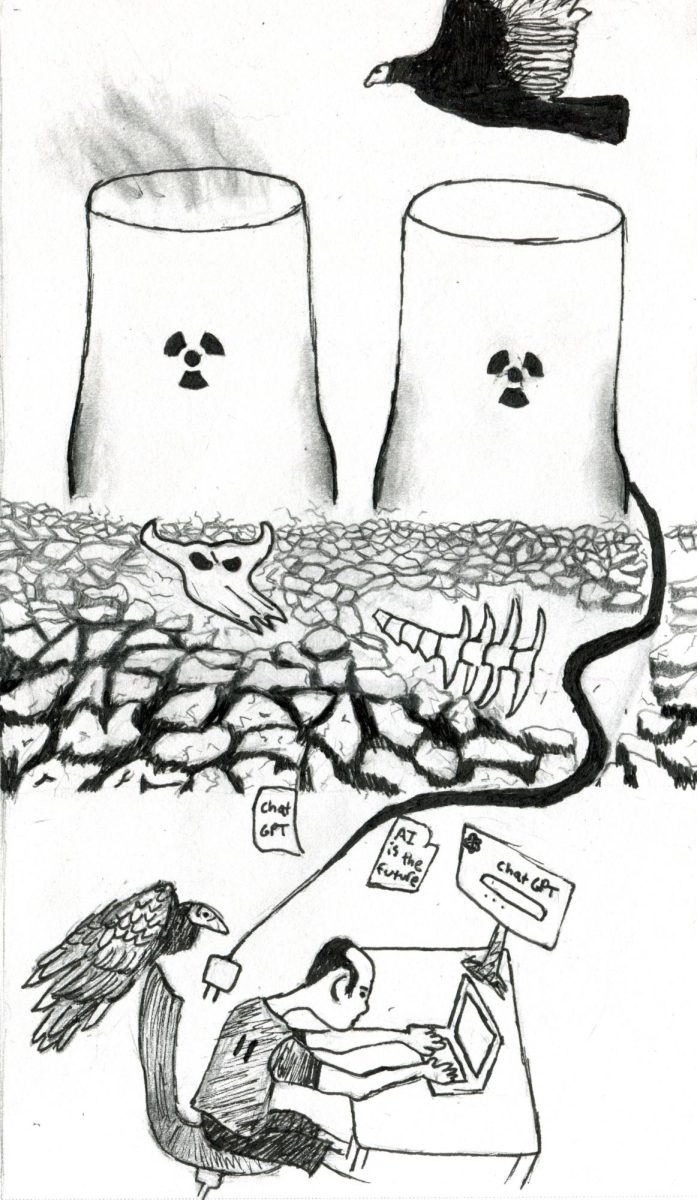
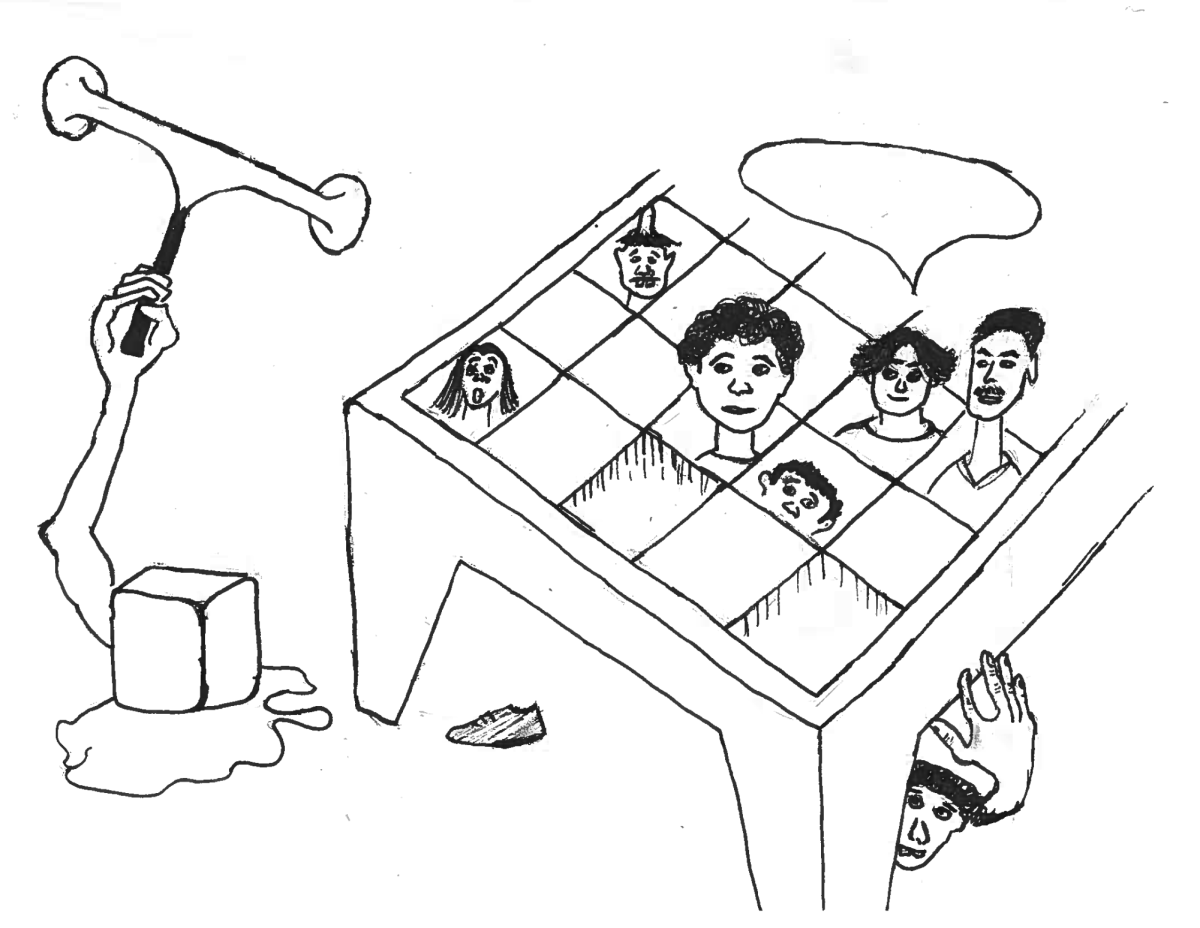
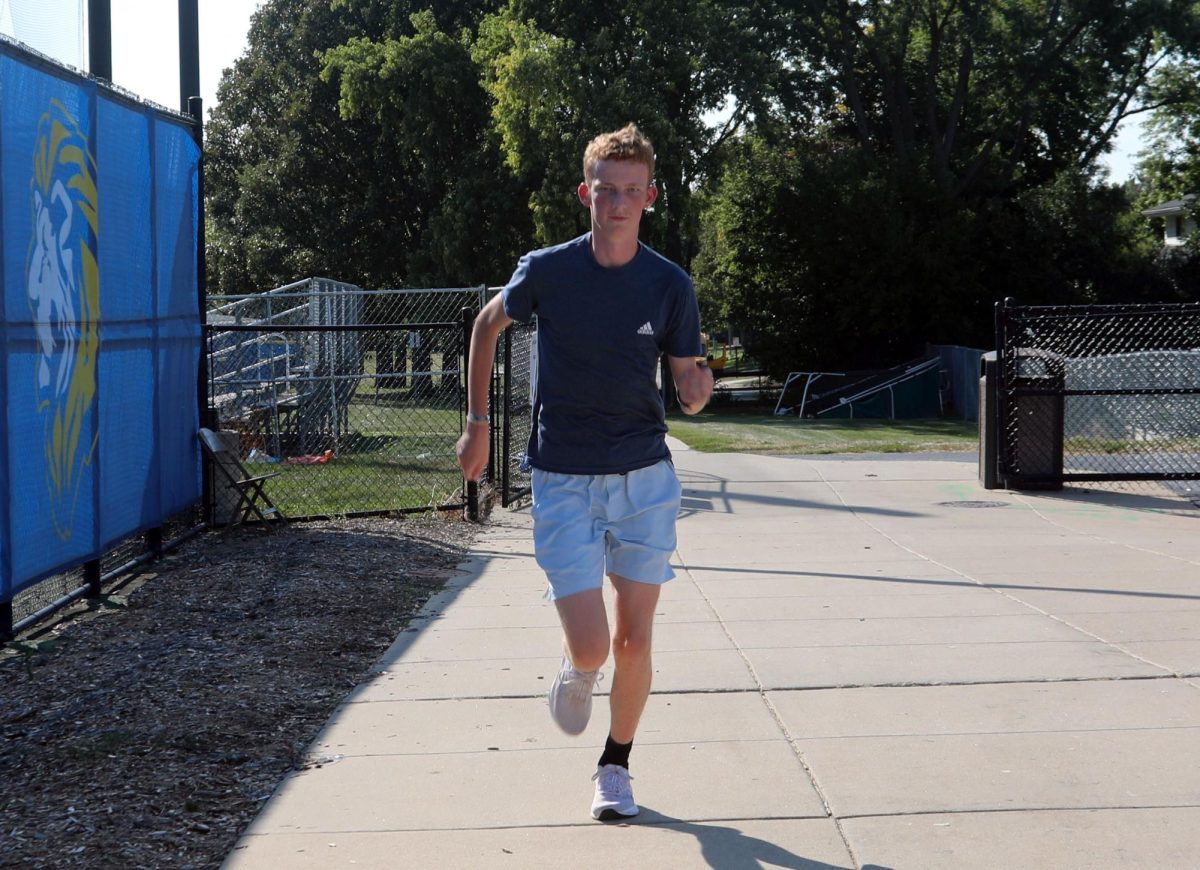





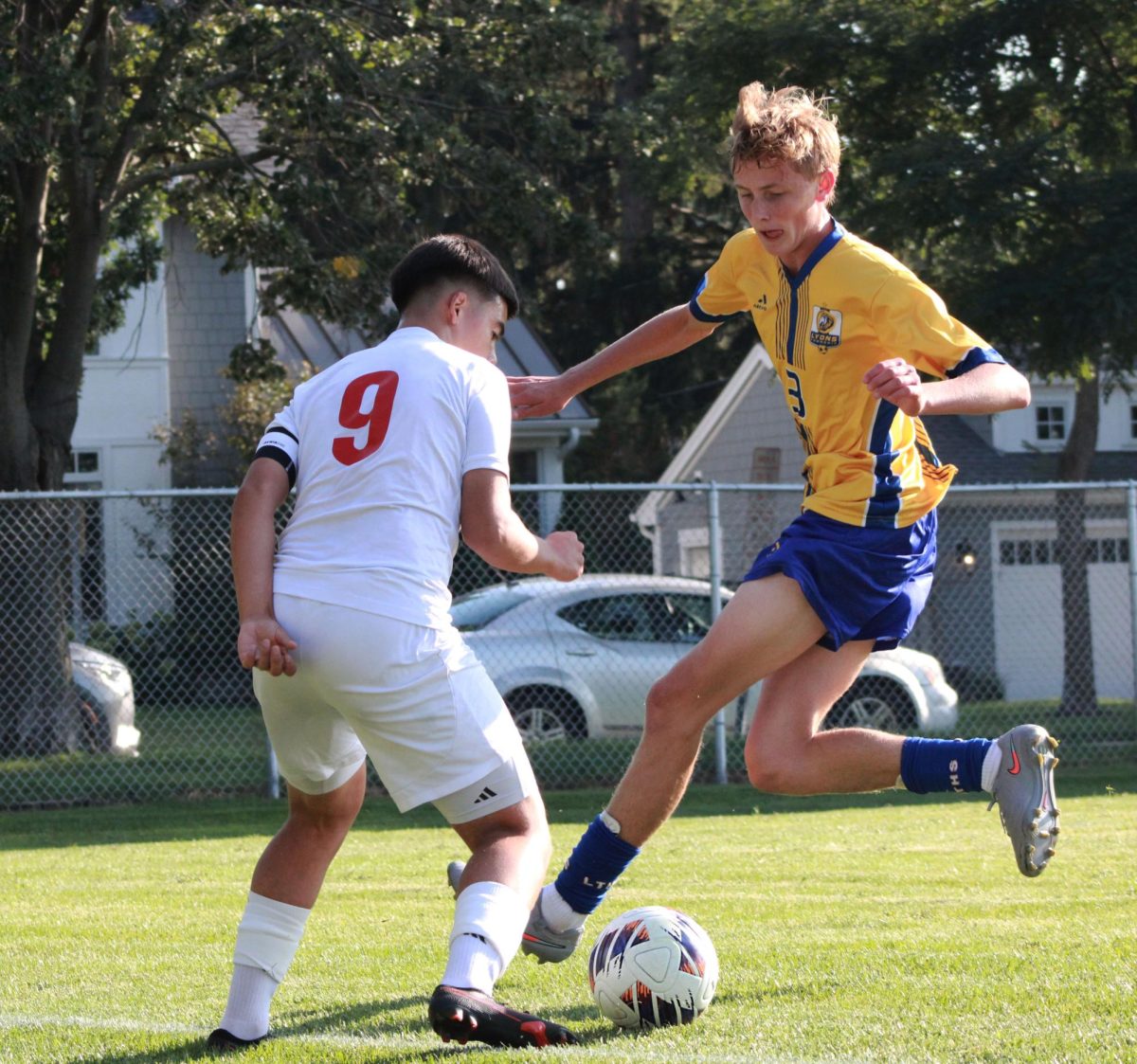



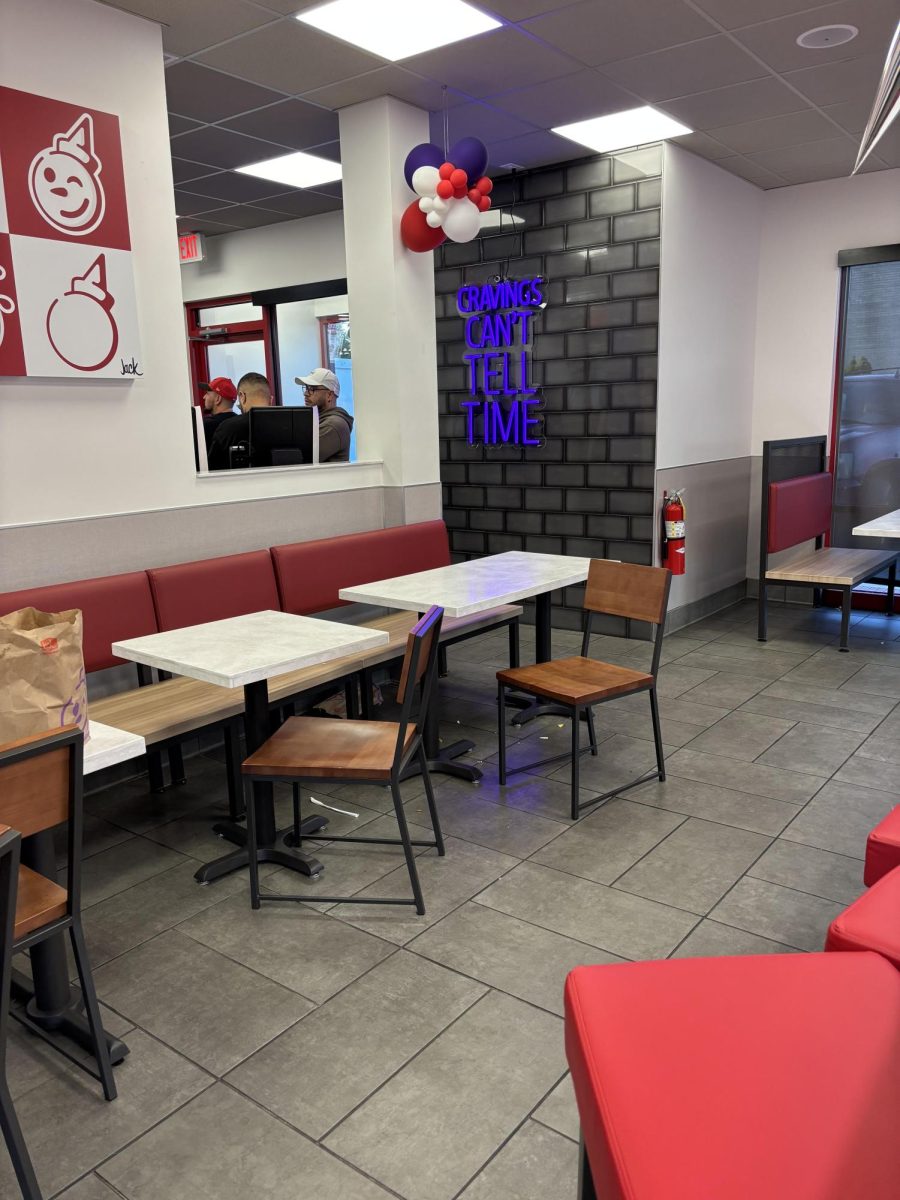


![Movie poster for '[Rec]" (2007).](https://www.lionnewspaper.com/wp-content/uploads/2023/04/rec-640x900.jpg)


